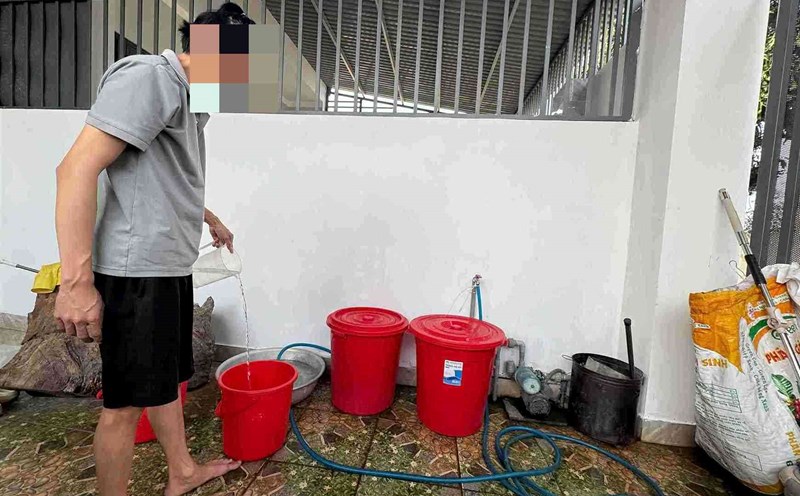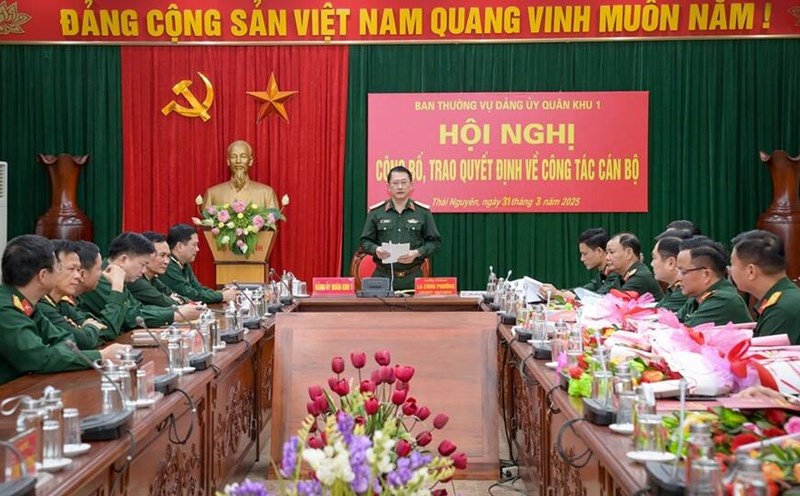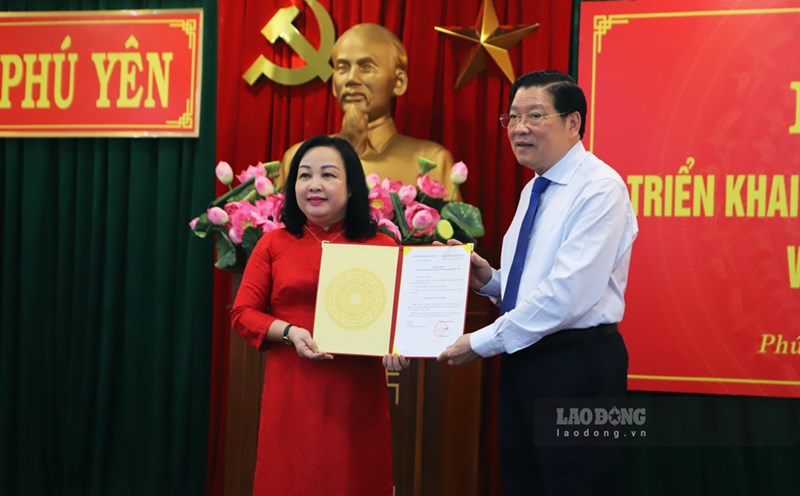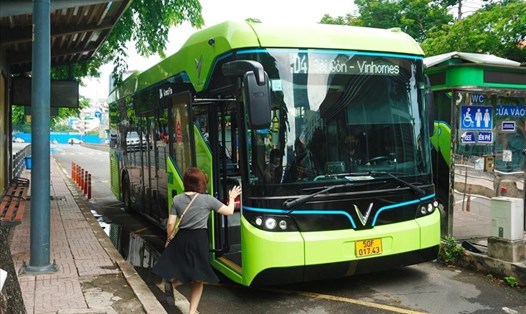On March 24, the Ho Chi Minh City People's Committee issued a decision to issue the economic - technical norms for public passenger transport services by large electric buses, effective from April 15.
The Ho Chi Minh City People's Committee assigned the Ho Chi Minh City Department of Transport to preside over and coordinate with the Department of Finance and related units to organize the implementation of bidding and order the provision of public services according to regulations.
According to the Ho Chi Minh City Department of Transport, from March 2022, Vinbus Eco-T transportation Service Company Limited will put into operation the D4 electric bus route (Vinhomes Grand Park - Saigon Bus Station), with 67 seats, running entirely on electricity, environmentally friendly.
Despite receiving many positive responses from passengers, in recent years, this bus route has had to temporarily apply the norms and unit prices of buses running on compressed natural gas (CNG), leading to financial difficulties for the operator.
Faced with this reality, Vinbus Company has repeatedly petitioned the City People's Committee and the Ho Chi Minh City Department of Transport to promptly issue appropriate norms to ensure operating costs.
The Ho Chi Minh City Department of Transport said it has completed phase 1 of the project "Controlling vehicle emissions" and reported to the Ho Chi Minh City People's Committee to submit to the Ho Chi Minh City People's Council for consideration and issuance of a Resolution on the roadmap for converting diesel buses to electricity, as well as policies to support businesses in this conversion process.
The issuance of large electric bus service quotas will create a basis for organizing bidding and selecting suitable transportation service providers, contributing to promoting the process of replacing diesel buses with electric vehicles according to the city's plan.
The bus system in Ho Chi Minh City has 137 routes with 2,202 vehicles, of which green energy vehicles (electric and CNG buses) have about 700 vehicles (accounting for about 31%).
According to Ho Chi Minh City's plan, from 2025 to 2029, diesel buses that have been in operation for 15 years or more will gradually be replaced by electric vehicles or vehicles using green energy.
The route is that by 2027, there will be 32 bus routes with 572 diesel cars switching to electric cars; in 2028, there will be 21 more routes with nearly 400 cars; in 2029, there will be 19 routes with 268 cars. By 2030, the remaining routes will continue to be converted to 100% electric vehicles, green energy.
For non-subsidized bus routes (internal and inter-provincial), from 2025, all new routes or replacement vehicles must be electric vehicles.
In order to realize this roadmap, Ho Chi Minh City is also implementing a plan to build a network of charging stations. In the period of 2025 - 2030, bus stations and parking lots managed by state-owned enterprises will be invested in charging station infrastructure to meet the demand for bus conversion.
In addition, to attract businesses to participate in investing in electric buses, Ho Chi Minh City will apply many support policies such as preferential long-term loan interest rates when buying a vehicle, and supporting loans to invest in electric charging stations.










